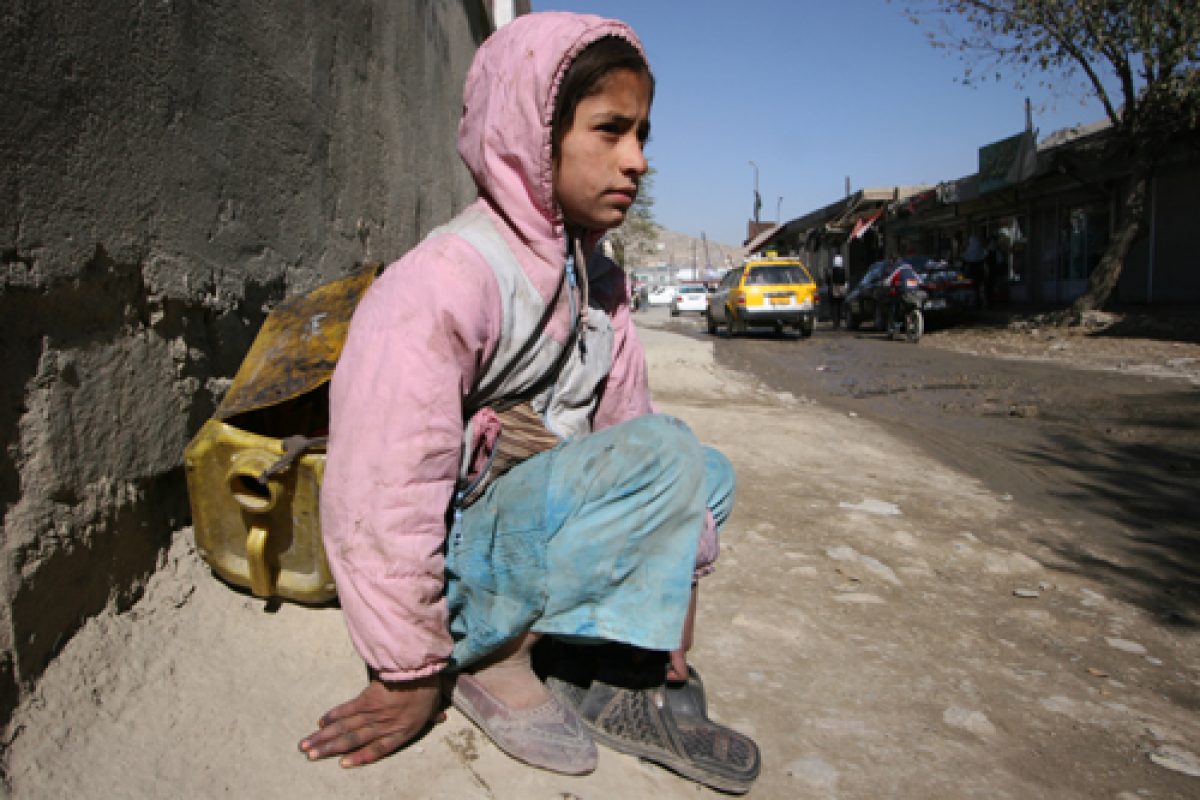
NGOCSTIP – Poverty Breeds Human Trafficking in ways that are often overlooked by society. When individuals are trapped in financial hardship their choices become limited. Vulnerable people may be lured by false promises of employment or education. Exploiters prey on economic desperation to coerce victims into forced labor or sexual exploitation. Many victims come from communities where basic needs like food shelter and healthcare are out of reach. This environment of scarcity creates a perfect storm for traffickers to manipulate hope. In regions with weak governance poverty increases exposure to corrupt systems that ignore human rights. Without safety nets or access to fair opportunities individuals can easily fall prey to modern slavery. Understanding this connection is crucial for creating lasting solutions. Tackling human trafficking requires addressing the root causes not just the symptoms. As long as poverty persists trafficking networks will continue to thrive globally.
In many developing countries Poverty Breeds Human Trafficking through systemic economic instability. High unemployment and lack of access to education trap people in cycles of despair. Families burdened by debt may unknowingly send children into exploitative labor arrangements. In rural areas where jobs are scarce migration becomes a survival strategy. However these journeys often lead to exploitation by traffickers posing as recruiters.
Young women and children are particularly at risk due to social and gender inequalities. Traffickers target these groups with promises of domestic work or study abroad. Once abroad victims face isolation language barriers and confiscated documents. With no support they are forced into exploitative conditions. This is not limited to one region but occurs worldwide. From Southeast Asia to Central America the story remains the same. Economic vulnerability makes people easy targets. To break this cycle investment in education microfinance and community development is essential. These tools empower individuals and reduce dependency on dangerous promises.
“Read about: Cyber Crooks Twist Sadakat Khan’s Infamy Into Terrifying Human Trafficking Scam”
Where Poverty Breeds Human Trafficking, corruption follows close behind. Firstly, in many affected regions law enforcement lacks resources or cooperates with traffickers. Moreover, bribes and threats shut down officials who might otherwise take action. Weak legal frameworks, consequently, let traffickers operate without consequence. Victims who seek justice face punishment or neglect. Their lack of power, therefore, feeds a system that turns people into commodities. When governments ignore protection duties, traffickers step in.
Furthermore, they apply violence, debt, and psychological abuse to control people. Institutions that claim to serve justice end up supporting exploitation. In addition, public awareness campaigns appear rarely and legal aid remains out of reach. In these environments, silence ensures survival. Traffickers teach victims not to speak up. Fear of retaliation locks them away from society. To fight trafficking, nations must enforce rule of law and ensure transparency. Ultimately, only systemic reform can break the chain of corruption and exploitation.
“Read more: Make Authentic Japanese Sushi at Home Like a Pro Chef”
Combatting the reality where Poverty Breeds Human Trafficking begins with education and empowerment. Firstly, educated communities are more resilient to manipulation. When children stay in school, they are less likely to fall for fake opportunities. Moreover, education also teaches critical thinking and rights awareness. Girls especially benefit from access to safe learning environments. Furthermore, empowered women can challenge traditional norms that perpetuate exploitation. In addition, community-based programs that teach vocational skills offer alternatives to risky migration. These initiatives provide sustainable income and self-confidence. Ultimately, long-term investment in education reduces vulnerability to trafficking.
Informational campaigns help people recognize red flags in recruitment tactics. Survivors who return to their communities can become powerful educators. Their stories warn others and build support networks. Partnering with local leaders builds trust and promotes cultural understanding. Change must come from within the communities most affected. Education is more than reading and writing it is a weapon against injustice. The more informed people are the harder it becomes for traffickers to succeed.
Addressing how Poverty Breeds Human Trafficking is a shared global duty. Wealthier nations benefit from cheap labor linked to trafficking supply chains. Consumers rarely see the exploitation behind the products they use daily. Transparency in business practices is essential for ethical consumption. International cooperation must focus on prevention and victim rehabilitation. Aid should target root causes like poverty hunger and lack of opportunity.
Long-term investments in infrastructure education and healthcare can build resilient communities. NGOs play a vital role in bridging gaps left by governments. Global campaigns must raise awareness and push for legislative reform. Cross-border trafficking requires coordinated legal efforts. Victim protection should be prioritized over prosecution. Survivors need mental health care legal assistance and job training. Their reintegration into society is key to lasting recovery. By taking collective responsibility the world can challenge the systems that profit from human suffering. Ending trafficking starts with compassion action and a refusal to ignore economic injustice.